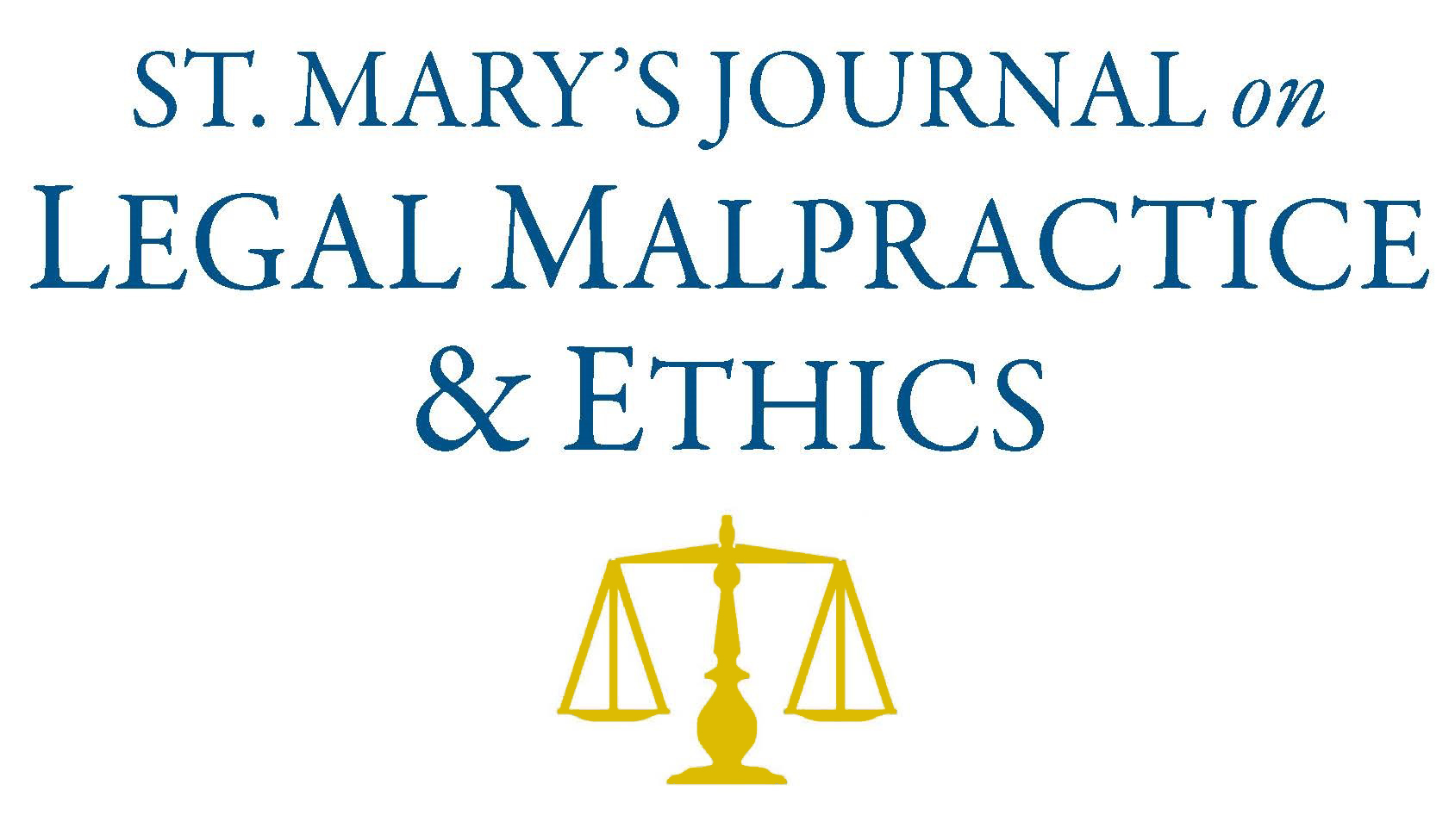
First Page
50
Date Created
1-1-2014
Publisher
St. Mary's University School of Law
Editor
Clement J. Hayes
Last Page
133
Abstract
This article examines the requirements of "actual innocence" or exoneration as a prerequisite for bringing a claim of legal malpractice against a criminal defense attorney. It analyzes the public policy underpinnings and differing approaches taken in those jurisdictions that have adopted an "actual innocence" requirement. To illustrate the way in which this comparatively recent phenomenon has developed, the Article views the exoneration doctrine through the prism of Texas law, analyzing the doctrine's emergence in Peeler v. Hughes & Luce and discussing how it has expanded over the years. Yet even as this "actual innocence" doctrine has expanded in Texas, recent decisions including the Texas Supreme Court's holding in Dugger v. Arredondo may be harbingers of brakes being applied. Finally, the Article examines the experience of a state like New Jersey, where the requirement of exoneration has eroded and may be on the verge of being discarded.
Recommended Citation
John G. Browning & Lindsey Rames,
Proof of Exoneration in Legal Malpractice Cases: The Peeler Doctrine and Its Limits in Texas and Beyond.,
5
St. Mary's J. on Legal Malpractice & Ethics
50
(2014).
Available at:
https://commons.stmarytx.edu/lmej/vol5/iss1/2
Included in
Law and Society Commons, Legal Ethics and Professional Responsibility Commons, State and Local Government Law Commons

